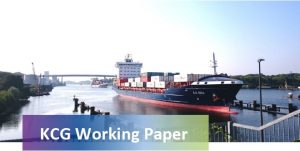Holger Görg Gave an Interview on Globalization and World Economic Forum 2018
25th January 2018
Publications
Publications





 KCG Projects
KCG Projects


